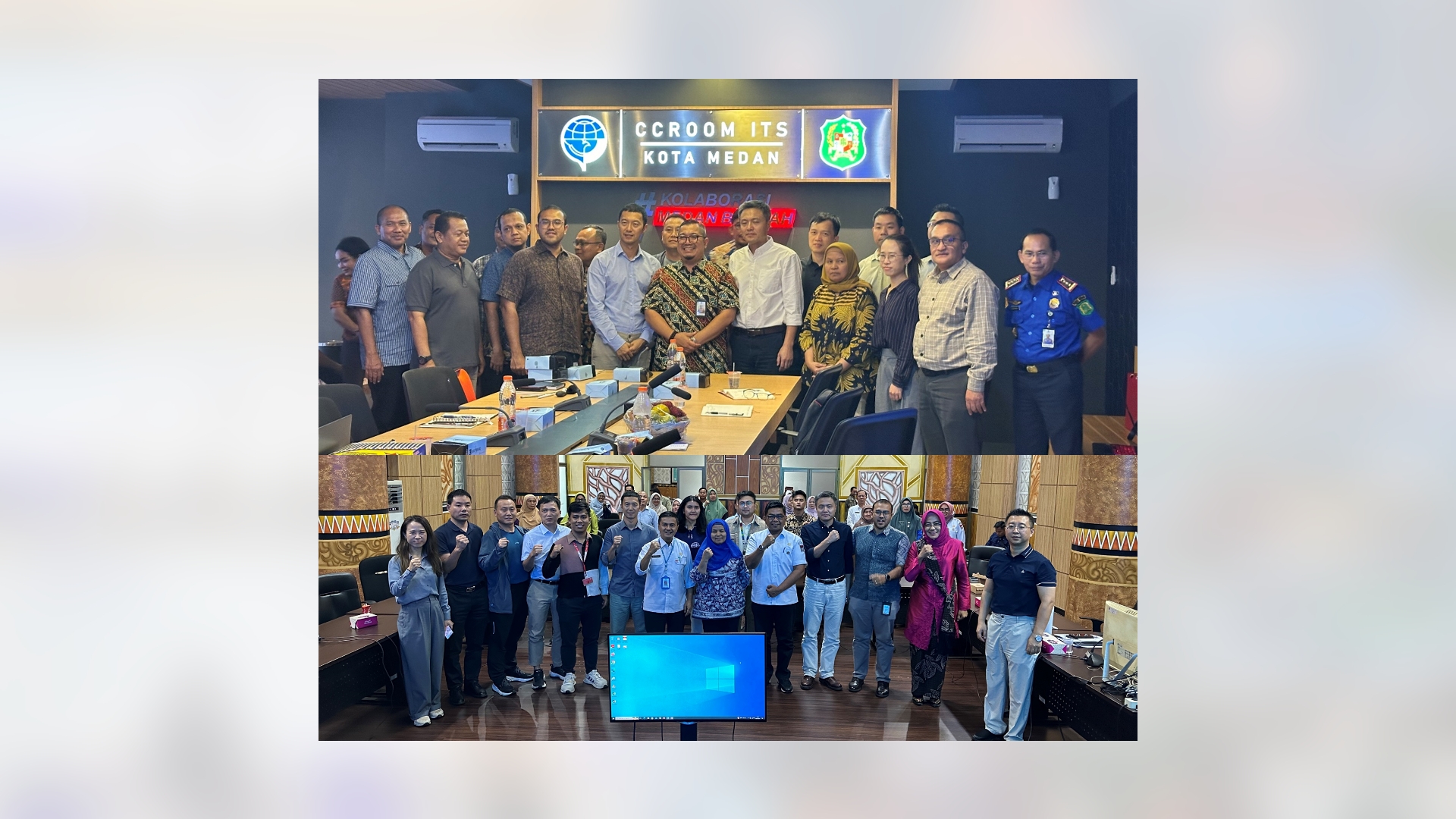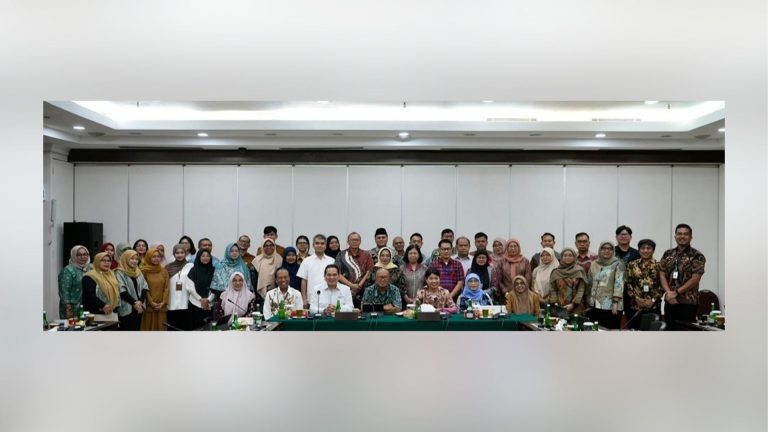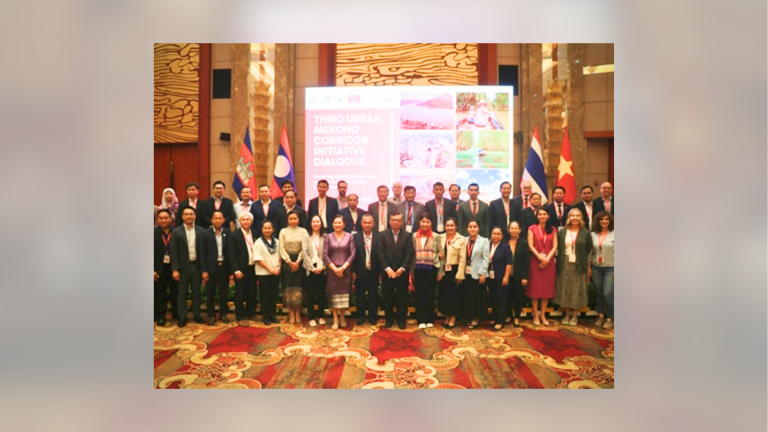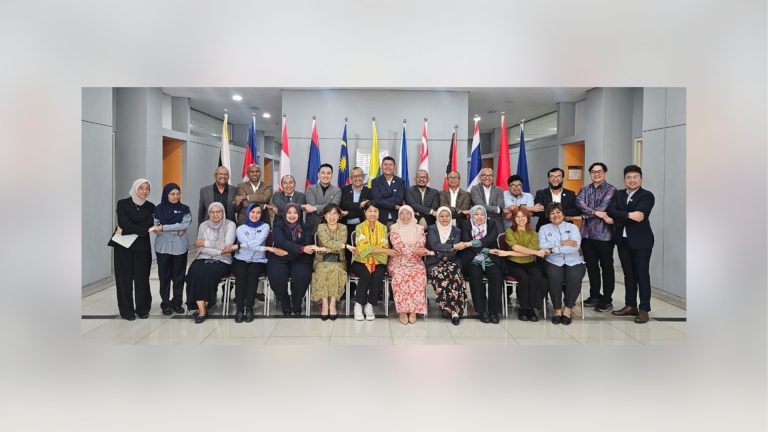July 22-26, 2024 | UCLG ASPAC, under the framework of Urban-Act programme, organised meetings with the Climate Change Working Groups both in Padang and Medan City. The key objectives were to present the findings of the policy review and policy brief on vertical integration of low-carbon and climate-resilient development to the pilot cities, identify potential collaborations tailored to the specific needs of Padang and Medan, and explore potential city pairings and cooperation opportunities within the Urban-Act framework.
The meetings gathered approximately 30 participants from each Climate Change Working Groups, representing cross-regional institutions including the Development Planning Agency (Badan Perencanaan Pembangunan Daerah), Environmental Agency, Agriculture Agency, Health Agency, Transportation Agency, Regional Disaster Management Agency (Badan Penanggulangan Bencana Daerah/BPBD), Fisheries and Food Agency, as well as Public Works and Housings Agency.
The policy review findings highlighted that while development goals for low carbon and climate resilience are generally aligned with existing regional programmes at both the provincial and city levels, the initiatives are not reflected and detailed in the regional development planning documents. Instead, the initiatives are only included in the Strategic Plans of various Regional Apparatus Organisations (Organisasi Perangkat Daerah/OPDs), leading to a disconnect in targeting low carbon and climate resilience goals directly. To address this gap, the policy brief recommended creating a dedicated commission to monitor the climate change initiatives and achievements, enhancing coordination with related ministries and agencies, and preparing technical guidelines for effective implementation and ensuring contributions of local initiatives to national target.
The meetings also focused on exploring climate actions based on the priority needs identified in Padang and Medan. Key areas for action highlighted by the pilot cities include waste management, public transportation, disaster risk reduction, fertilisers, and several other issues. These actions will be assessed against readiness criteria and existing city plans to guide the prioritisation of climate initiatives in each city.
At the same time, this series of meetings coincided with a visit from GIZ China and Shenzhen Bus Group (SZBG) that aimed to explore potential collaboration in the transportation sector. Their rapid assessment led to recommendations for improving public transportation in Padang and Medan including upgrading standard services (such as route maps, timetable, stop information, bus depots), and improving safety.
To ensure a cohesive and collaborative approach, the next step for Urban-Act Indonesia is to synchronise climate policies, creating synergy in their implementation at both national and regional levels. This will involve integrating climate actions into the forthcoming Regional Medium-Term Development Plans (Rencana Pembangunan Jangka Menengah Daerah/RPJMD), which was also the concern of the Acting Mayor of Padang City (Mr. Andree Algamar) while welcoming the team during the courtesy visit in Padang. Furthermore, the identified climate actions will serve as a foundation for prioritising initiatives and will be considered for city pairing activities and expanding access to climate funding tailored to the specific conditions of each city.











